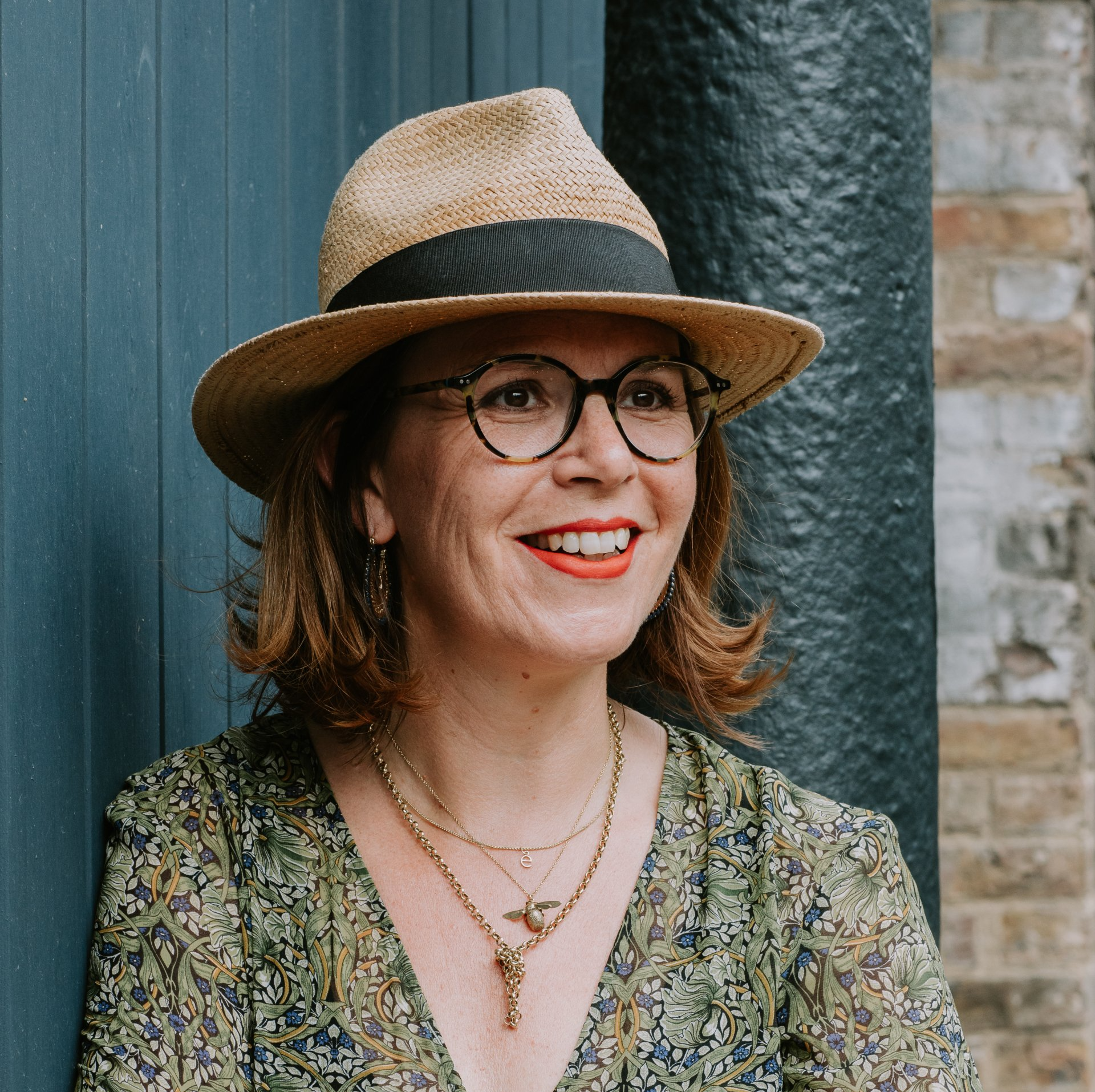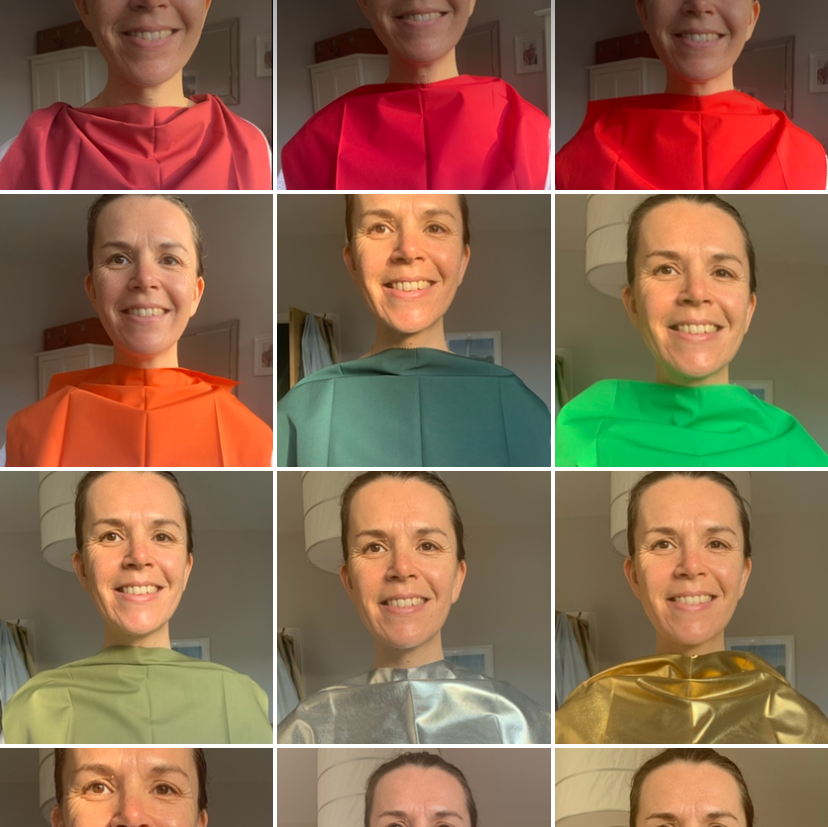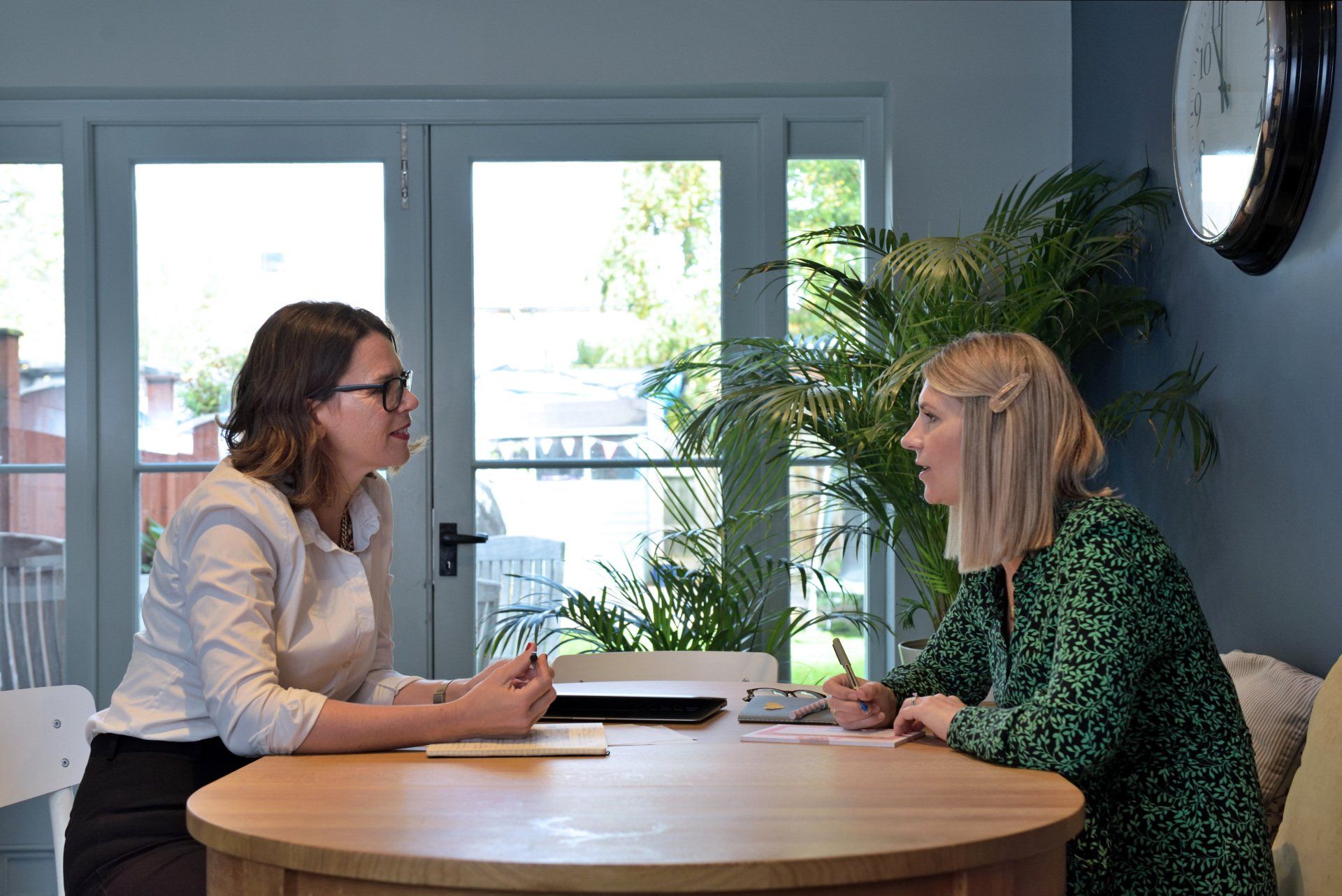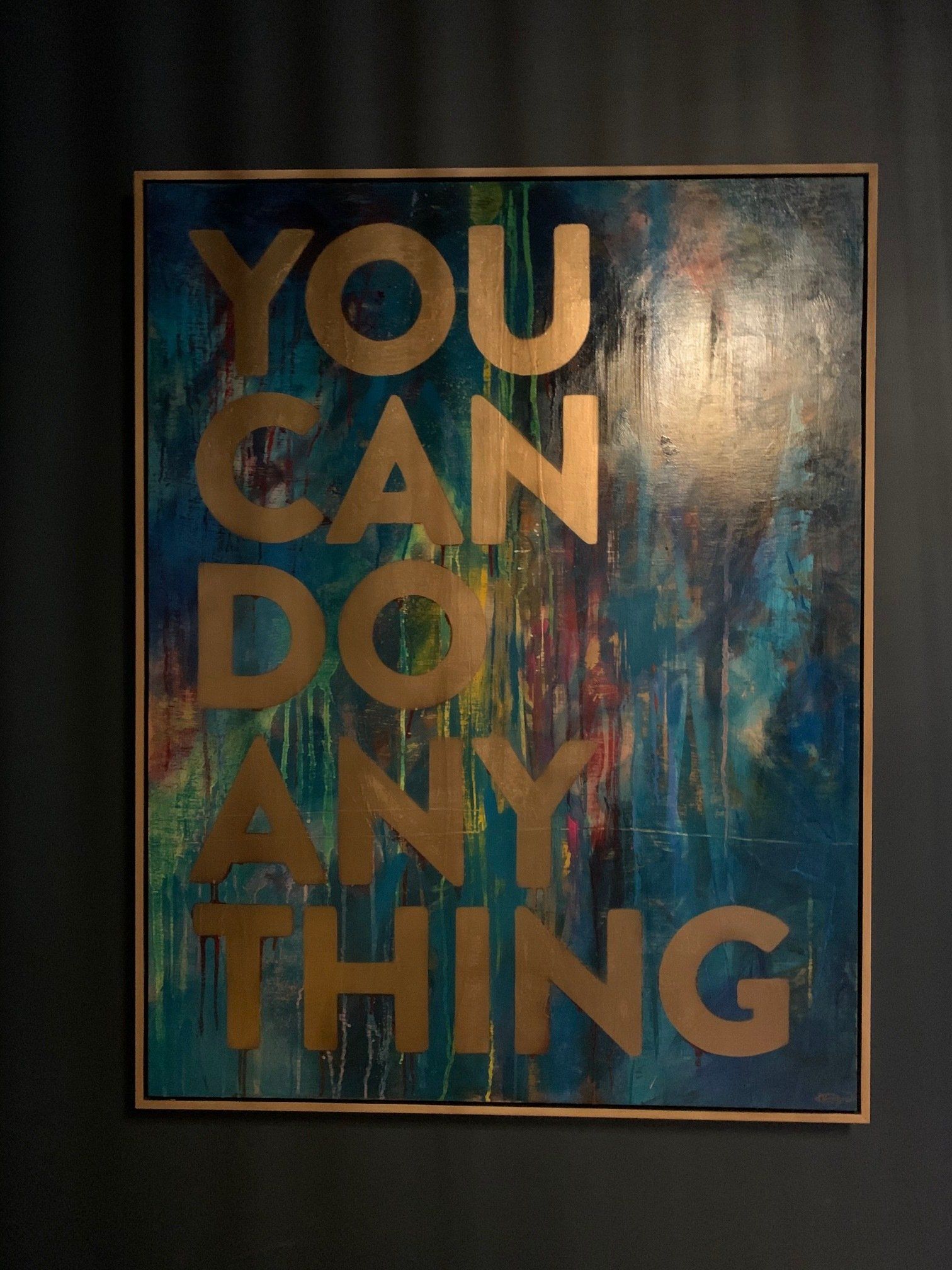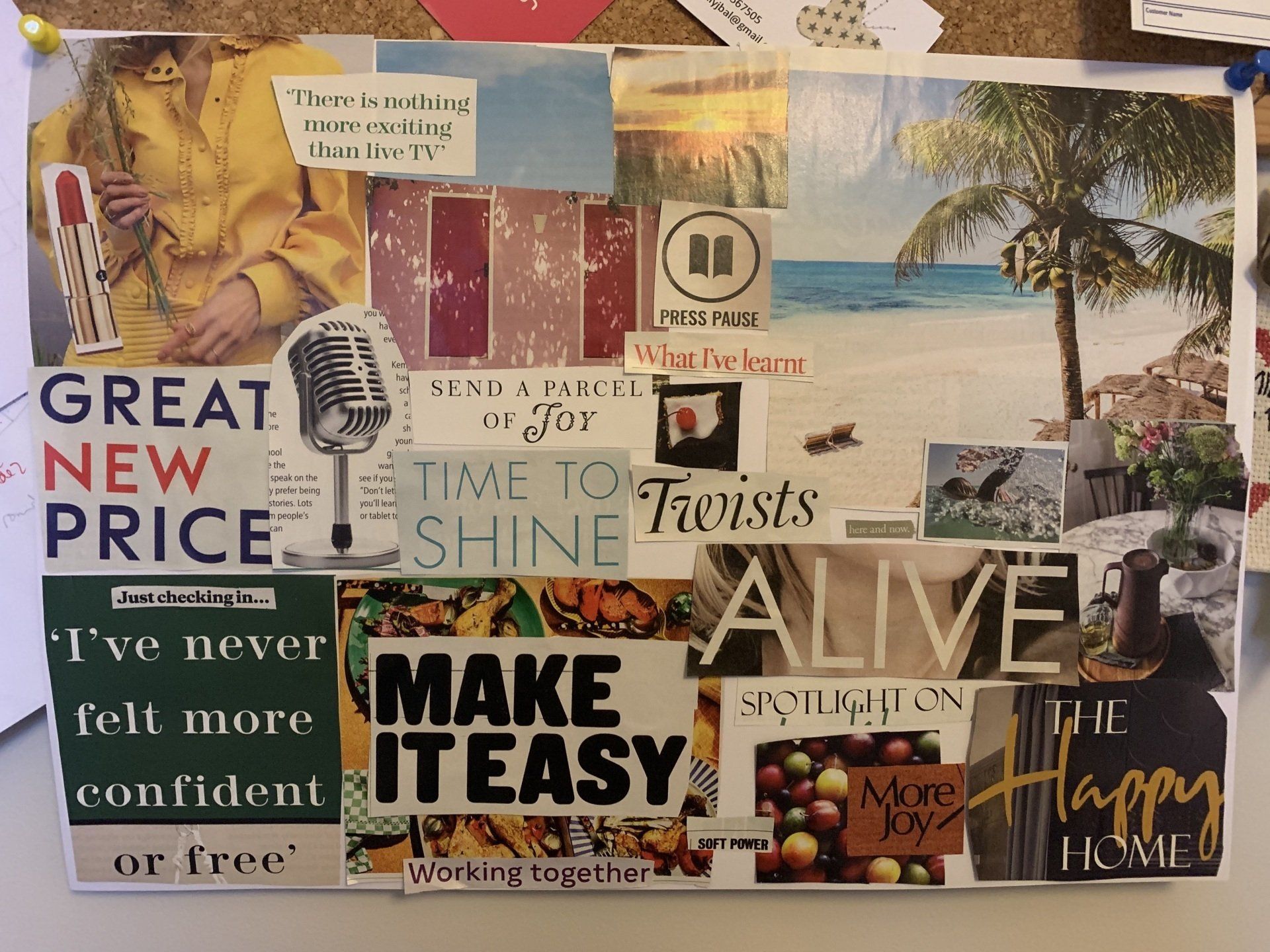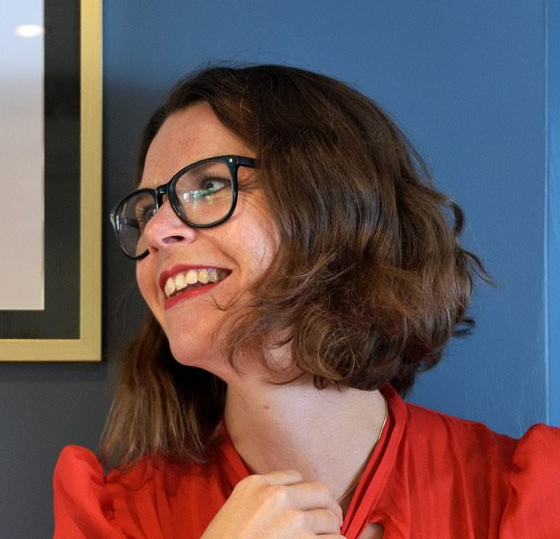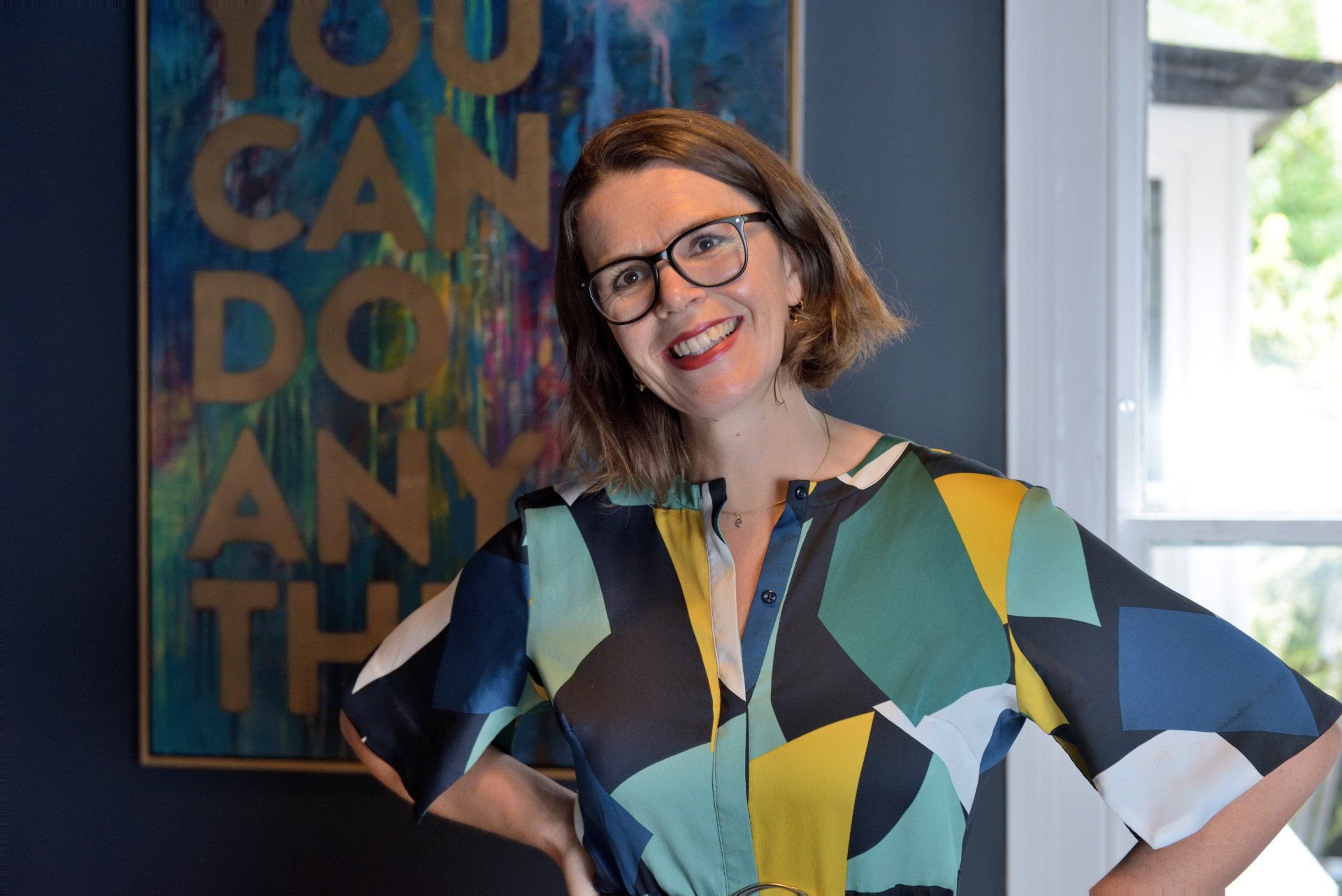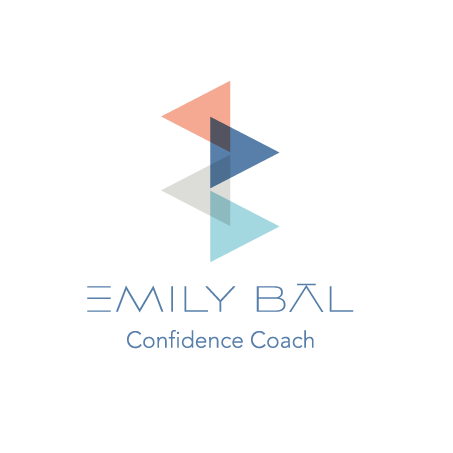What makes a great CV?
Eight insights from reviewing fifteen strangers' CVs

Back in October 2020 (before Covid-19 lockdown #2 and the never ending election) I offered up ten CV clinic spots to help in a particularly worrying and rubbish year for job seekers.
I love helping people realise their potential, have loads of experience interviewing and recruiting and knew I could make a difference as an impartial thought provoker so knew I was going to enjoy it. Little did I realise how much.
LinkedIn delivered and in the end I spoke to 15 amazing people about their hopes and dreams and the work they want to do. Job seeking is a multi-faceted beast and having a standout CV is just one, albeit very important, part of that. This is what I learnt…
1. Simple changes can make the world of difference. If you think of your CV as simply a business case for why you should get the job then everything that goes in - and especially in the first half of the first page - will be enriching that case. Your phone number and email address isn’t going to get you the job so move it to the bottom of page two. They’ll find it when they need it. Getting your top skills and proudest achievements – that match what they’re looking for (see point 3 below) - to the top of page one under your profile statement is your number one priority.
2. Save the soft behavioural skills for interview. Your business case needs less of the fluff and more of the technical skills and competencies that will prove you can do the job. We’re all passionate, hard working and great with people and you can demonstrate this at interview but first you need to get shortlisted.
3. You will amend and adapt your CV for every single role. Yes, really. Don’t think that because you’ve spent hours perfecting it that you’ve ticked one thing off your job seeking list. You will have to mirror and match the key words from the advert and job description every time. Key words are also what Applicant Tracking Systems use to scan and filter CVs before a human ever sets eyes on them. The number of people who were shocked by this fact was, quite frankly, shocking. It’s time to beat the bots people!
4. Make your CV flow and easy to read. Before I even read a single word I could see what we could do to improve the formatting for every CV I looked at. It’s about balance. Choose bolding, underlining or italicising but don’t do all three. Use one type of bullet point throughout. Line dividers can also help. Less is more and all that. And don’t expect anyone to hunt around for that really amazing thing that you did halfway down page two. If it’s that good put it into the skills and achievements section to give it the credit it deserves.
5. You’re all too modest. Your CV is a sales pitch. Open up the thesaurus and use the most powerful verbs and adjectives that you can find. Get into the detail. Use facts and figures to back up your claims. ‘I achieved 35% growth in my category’ sounds so much better than ‘Successfully grew my category’ don’t you think? If you balanced a big budget, how big was it? If you’re an expert in nurturing multi-functional teams, then list out all the disciplines! Store this information and update your CV as you go.
6. Take the credit! ‘But I’m a team player,’ I hear you say, ‘There’s no I in team, Emily.’ Modern workplaces need us all to work in teams but this recruiter isn’t looking for a team they want an individual who can do what they say they can do. So use active sentences – ‘I initiated…’, ‘I designed and delivered…’, ‘I project managed..’ – to give yourself a voice that positively reinforces all the amazing things you have achieved.
7. Two pages for the win. Please put yourself in the recruiter’s shoes. I’ve had to wade through 200 CVs before now and it’s hard work. Which is why the first half of your first page is so important. Chances are the rest will just be skimmed over. If you do have more to say, a portfolio to share or academic papers to list then update LinkedIn or build a personal website where you can lay it out in all its glory. For your CV highlight the ones that are most relevant and reference your digital home.
8. Unconscious bias is a thing. A number of people were worried that their age was stopping them from being selected. You can help yourself here. If you want to include some of your early experience because it is relevant for the role but gives away your age then remove the dates and put them succinctly under an ‘Early career’ title. And if you’re reading this and you’re a recruiter then get someone to take away as much identifiable information as possible. Your perfect and highly experienced candidate might be the person you never notice because of your unconscious bias.
I could go on but that’s for another time.
This is now a thing for me. After 15 conversations I realised that I needed a shorter term offering because not everyone needs or wants coaching. Sometimes a quick injection of tangible support and positivity at a time when doubt and fear is setting in is all you need and that’s what I’m here for.
If your CV needs updating find out more about working with me here or join the wait list for CV Club
If you enjoyed this post here are some more

